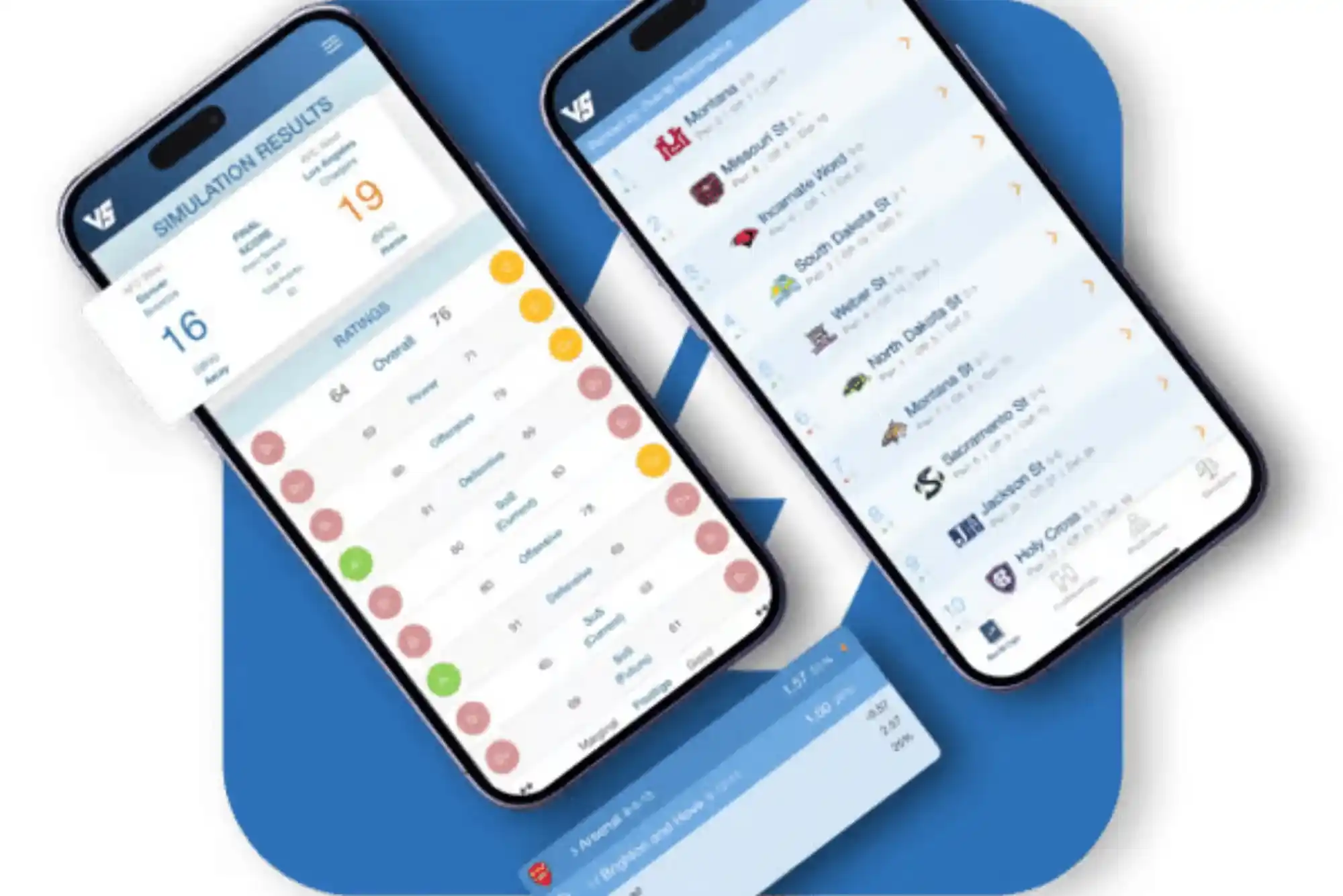The idea of making a living from casinos has long fascinated gamblers and dreamers alike. Movies and online success stories often romanticize the concept — skilled players beating the odds, earning steady income, and living glamorous lifestyles. But is it actually possible? Can someone realistically replace their nine-to-five job with gambling profits?
Having spent years studying and writing about gaming, both online and in land-based environments, I’ve seen both sides of the coin. While a handful of professionals have found success through discipline, knowledge, and risk management, the truth is far more nuanced. Let’s explore what it really takes to make a living from casinos — and what most players misunderstand about that dream.
Understanding the House Edge
At the core of every casino game lies a mathematical principle: the house edge. This is the built-in advantage that ensures the casino makes a profit over time. It’s not a scam — it’s how the business model works. Whether you’re playing slots, blackjack, or roulette, the odds are slightly tilted against you.
That said, some players manage to outsmart short-term variance through strategy, discipline, and bankroll management. Games like blackjack and poker, where skill and decision-making play significant roles, offer better chances than purely luck-based games like slots. Still, even skilled players must accept that luck fluctuates — and that success in the casino world is more about consistency and control than constant winning.
Many who try to “go pro” start by testing strategies at reputable online platforms. For instance, players who explore best online casinos uk often find regulated environments with fair odds and responsible gaming tools. These sites allow players to practice and track results transparently, making them useful for those studying gambling patterns or testing bankroll strategies before moving to high-stakes play.
Professional Gamblers vs. Recreational Players
There’s a big difference between playing for fun and playing to earn. Professional gamblers treat their craft like a business. They track every session, manage budgets, study probability theory, and specialize in one or two games they know inside out. Recreational players, by contrast, play for excitement or relaxation — and usually spend what they can afford to lose.
Most professional gamblers focus on games of skill such as poker, where long-term strategy can outweigh luck. Some blackjack players use card counting techniques to tilt the odds in their favor, though casinos actively monitor and restrict such practices. Sports bettors and poker pros, meanwhile, rely on data, discipline, and emotional control to maintain an edge.
Even among these professionals, few achieve consistent full-time income. The reality is that gambling profits fluctuate, sometimes wildly. A good run may be followed by months of losses. That’s why most successful gamblers maintain alternative income sources, such as coaching, affiliate marketing, or investment portfolios, to balance their risk.
The Psychology Behind the Dream
Casinos are designed to be immersive — the lights, sounds, and energy create an atmosphere where time and money seem to blur. For some, this thrill becomes addictive. The possibility of a big win can trigger dopamine releases similar to those caused by drugs or social media rewards.
That psychological rush is what keeps many players coming back, but it’s also what makes earning a steady living from casinos so challenging. Emotional decision-making leads to risky bets, chasing losses, and abandoning strategy. The professionals who manage to stay profitable are those who learn to separate emotion from execution.
They know when to walk away, how to manage losses, and how to evaluate performance objectively. In that sense, gambling success has less to do with luck than with discipline and self-awareness.
Can You Turn Gambling into a Sustainable Career?
It’s possible — but not in the romanticized way most people imagine. Making a living from casinos requires more than skill; it demands structure, patience, and resilience. Here’s what it typically looks like in practice:
A professional gambler usually starts with a large enough bankroll to withstand inevitable losing streaks. They often specialize in one format — say, tournament poker or advantage play in blackjack — and maintain detailed performance logs. Over time, they treat gambling like an investment portfolio, balancing high-risk opportunities with steady, lower-variance games.
In online spaces, some players build careers through content creation, streaming gameplay, or writing about gambling strategy. Others leverage affiliate partnerships with gaming sites or create educational platforms teaching responsible betting. These indirect income streams can stabilize earnings and make the casino lifestyle more sustainable.
So yes, one can make a living around casinos — but very few do it purely by gambling. The path involves diversification, strong discipline, and an honest understanding of how probability works.
Managing Bankroll and Risk
The most crucial rule for anyone trying to profit from casinos is bankroll management. Professionals treat their funds like business capital, not entertainment money. They divide their bankroll into units, limit daily exposure, and avoid chasing losses.
For example, if a poker player has a $10,000 bankroll, they might only risk 1–2% per session. This approach ensures longevity and reduces emotional swings. Consistency and patience are far more important than sudden wins.
The second part of risk management involves understanding variance — the natural ups and downs of probability. Even a strong strategy can lose in the short term, which is why patience and analysis are key. Many players who fail to grasp this become emotionally unstable, making impulsive decisions that quickly drain their funds.
The Role of Online Casinos in Modern Gambling
The digital era has transformed gambling. Online casinos have made gaming accessible 24/7, allowing players to practice, learn, and compete globally. These platforms also provide transparency through regulated environments, RNG (random number generator) auditing, and player protection measures.
Online play eliminates travel costs and can help players focus on strategy without distractions. It’s also where many semi-professional players refine their craft, whether in poker tournaments, blackjack simulations, or virtual roulette.
However, the same accessibility can be dangerous if not handled responsibly. Easy deposits, mobile apps, and instant gameplay can lead to impulsive betting. That’s why responsible gaming tools — deposit limits, reality checks, and self-exclusion options — are essential for anyone considering long-term play.
Luck, Skill, and Statistical Reality
Every casino game contains an element of chance. Even with perfect strategy, luck remains a powerful force that no one can control. The goal, therefore, isn’t to eliminate luck — it’s to manage it.
Skilled players understand expected value (EV), variance, and return-to-player (RTP) percentages. They make decisions that yield positive EV over time, even if individual sessions fluctuate. In poker, for example, a player might lose ten sessions in a row but still be profitable after hundreds of hands due to statistical advantages.
This mindset — focusing on long-term results rather than daily wins — is what separates professional players from casual gamblers. But even then, no system guarantees income. Variance is inevitable, and anyone pursuing gambling as a livelihood must accept that uncertainty as part of the job.
Reality Check: The Odds of Success
While stories of professional gamblers often grab headlines, the truth is that most players lose money in the long run. Casinos are designed to profit from volume, not from individual player outcomes.
A handful of players do beat the odds — usually through niche expertise, mathematical skill, and extraordinary discipline. But for the vast majority, gambling should remain a form of entertainment, not a financial plan.
If you treat casinos as a business without the right foundation, the emotional and financial toll can be severe. If you treat them as entertainment with boundaries, however, the experience can remain enjoyable, educational, and sometimes even profitable in the short term.
Conclusion
So, can you make a living from casinos? Technically, yes — but only with discipline, data, and diversification. It’s not easy money, and it’s not consistent. The few who succeed do so because they approach gambling like a profession, not a pastime. They understand risk, master self-control, and accept that long-term profitability requires patience.
For most people, gambling is best enjoyed responsibly and recreationally. With the right knowledge, players can have fun, minimize losses, and appreciate the complex balance of skill and chance that makes casinos so fascinating. But as a full-time career? Only for the few who treat the odds with respect — and never forget that the house edge never sleeps.






